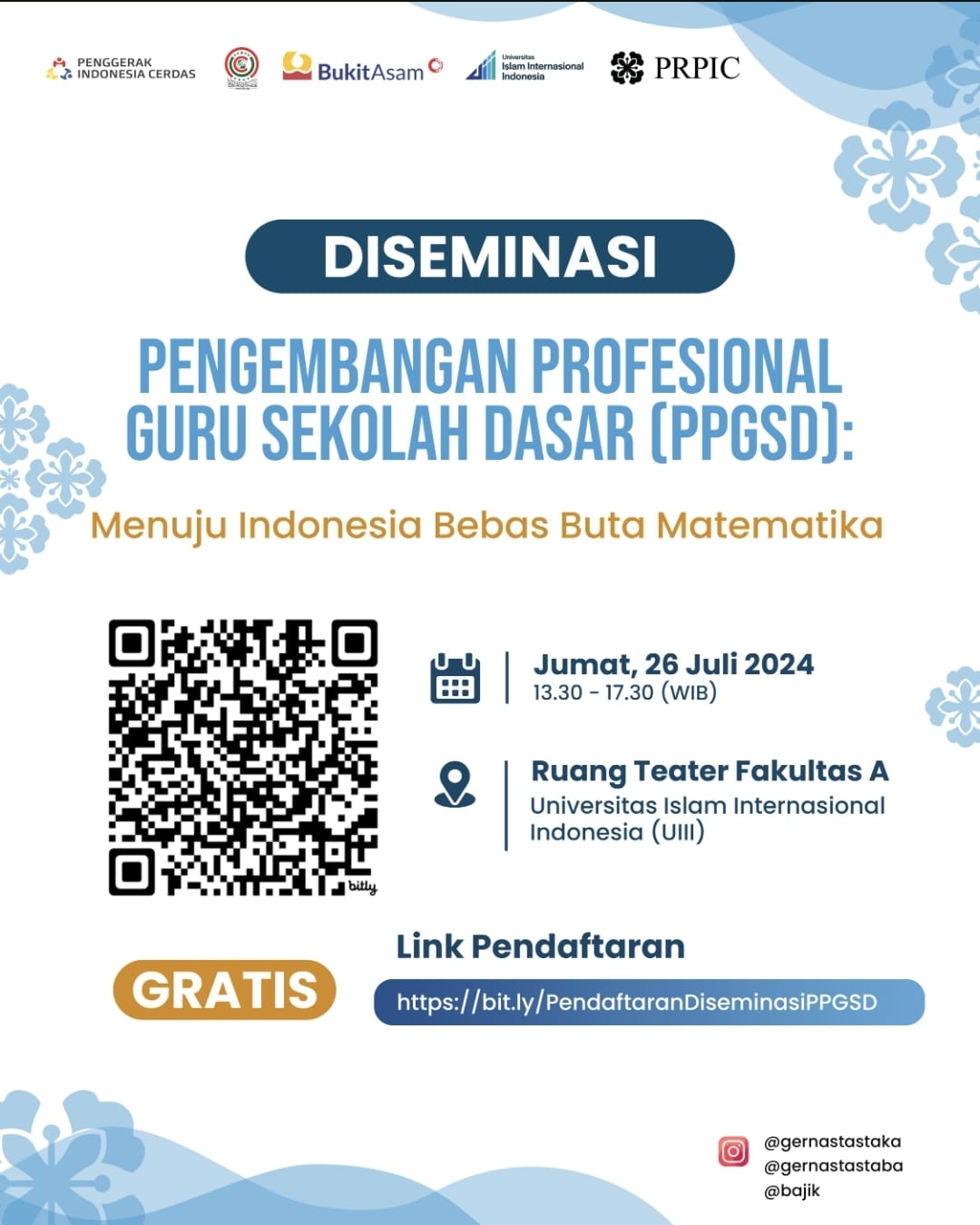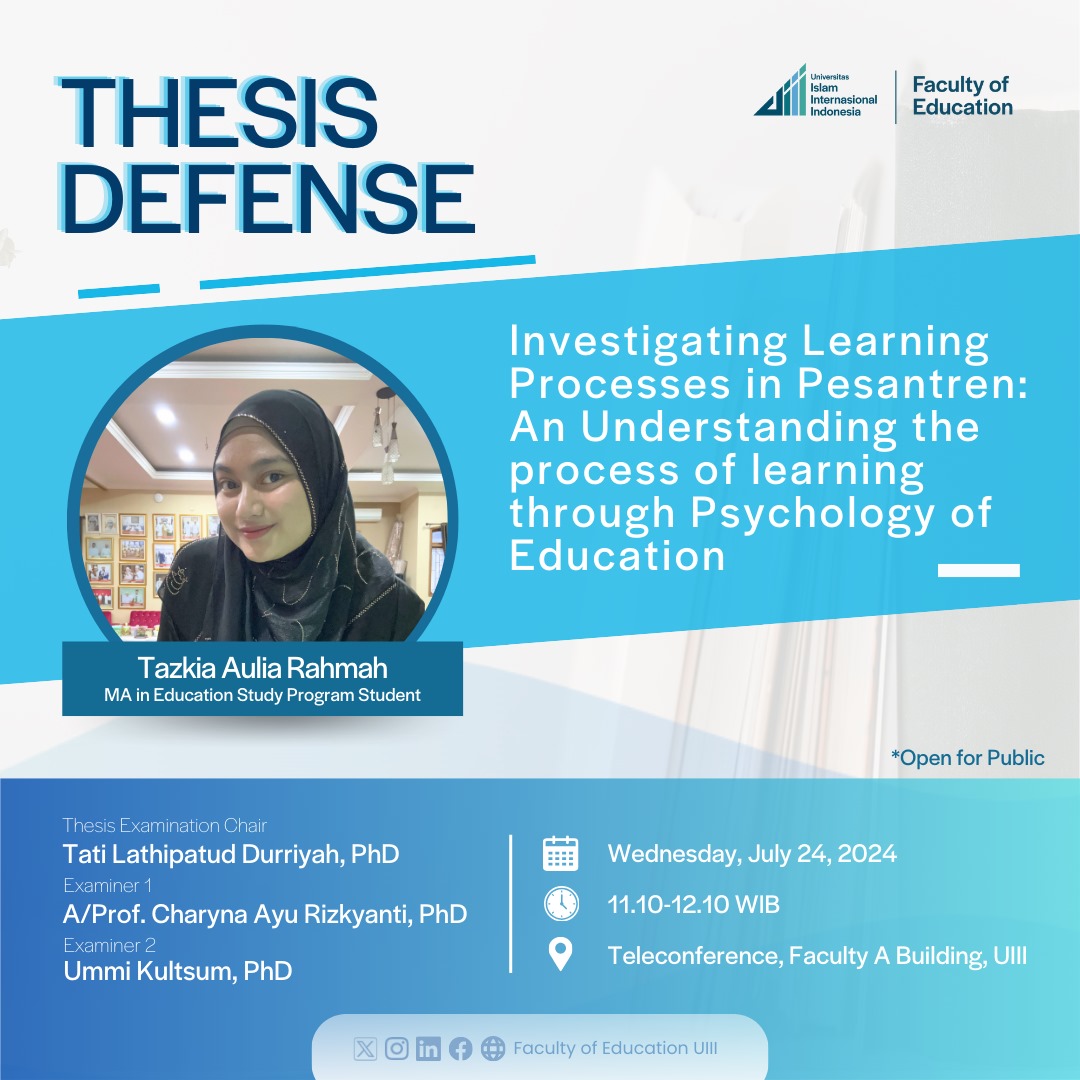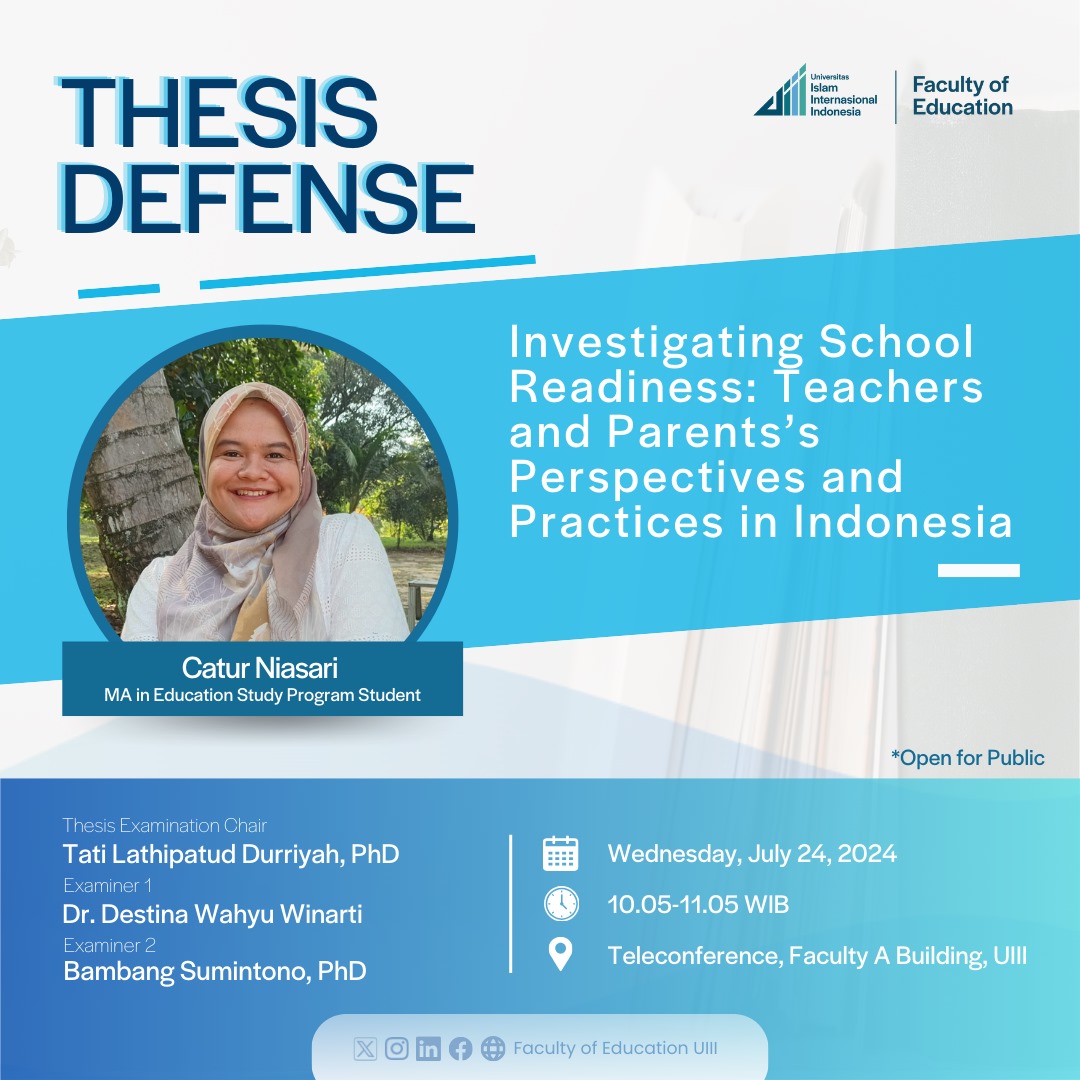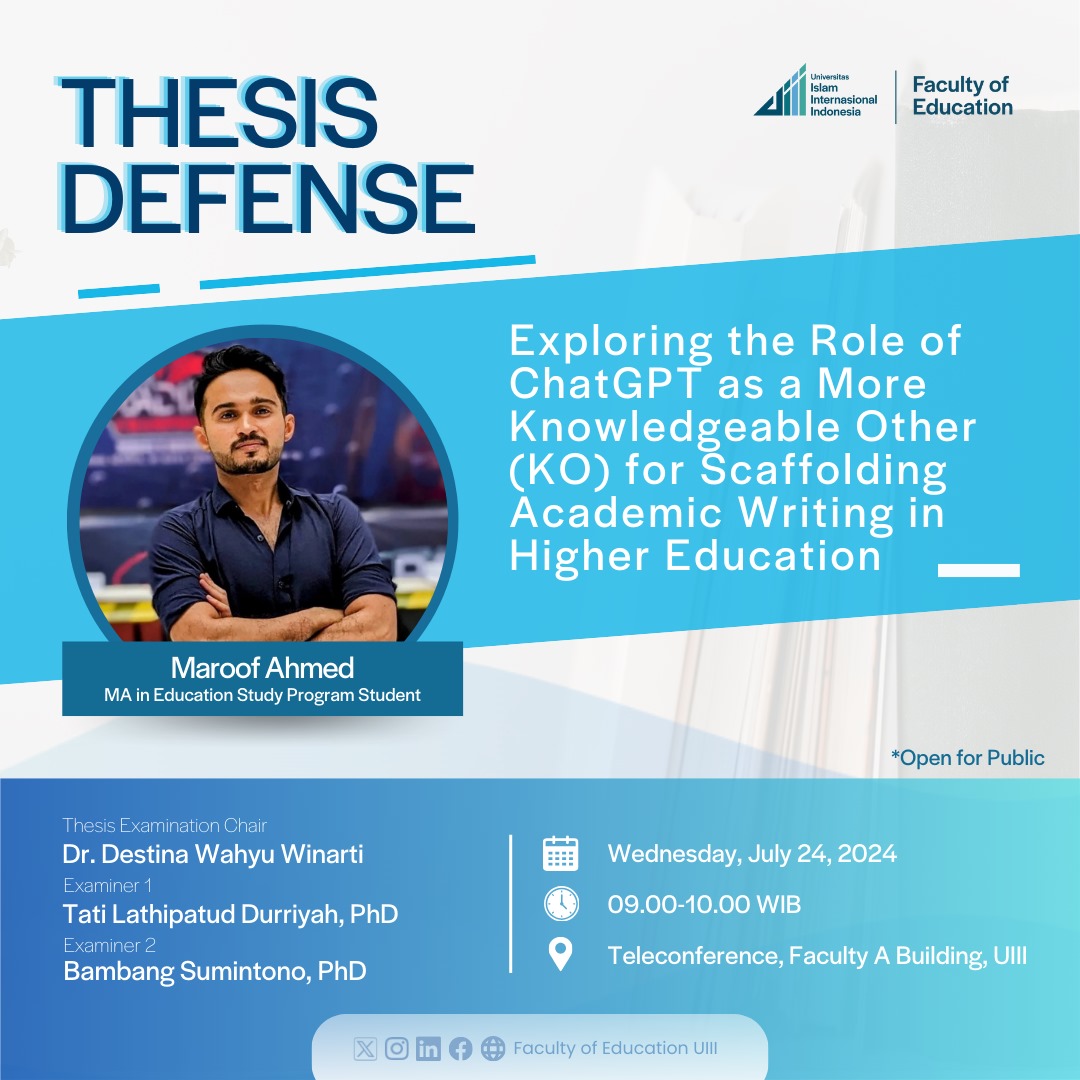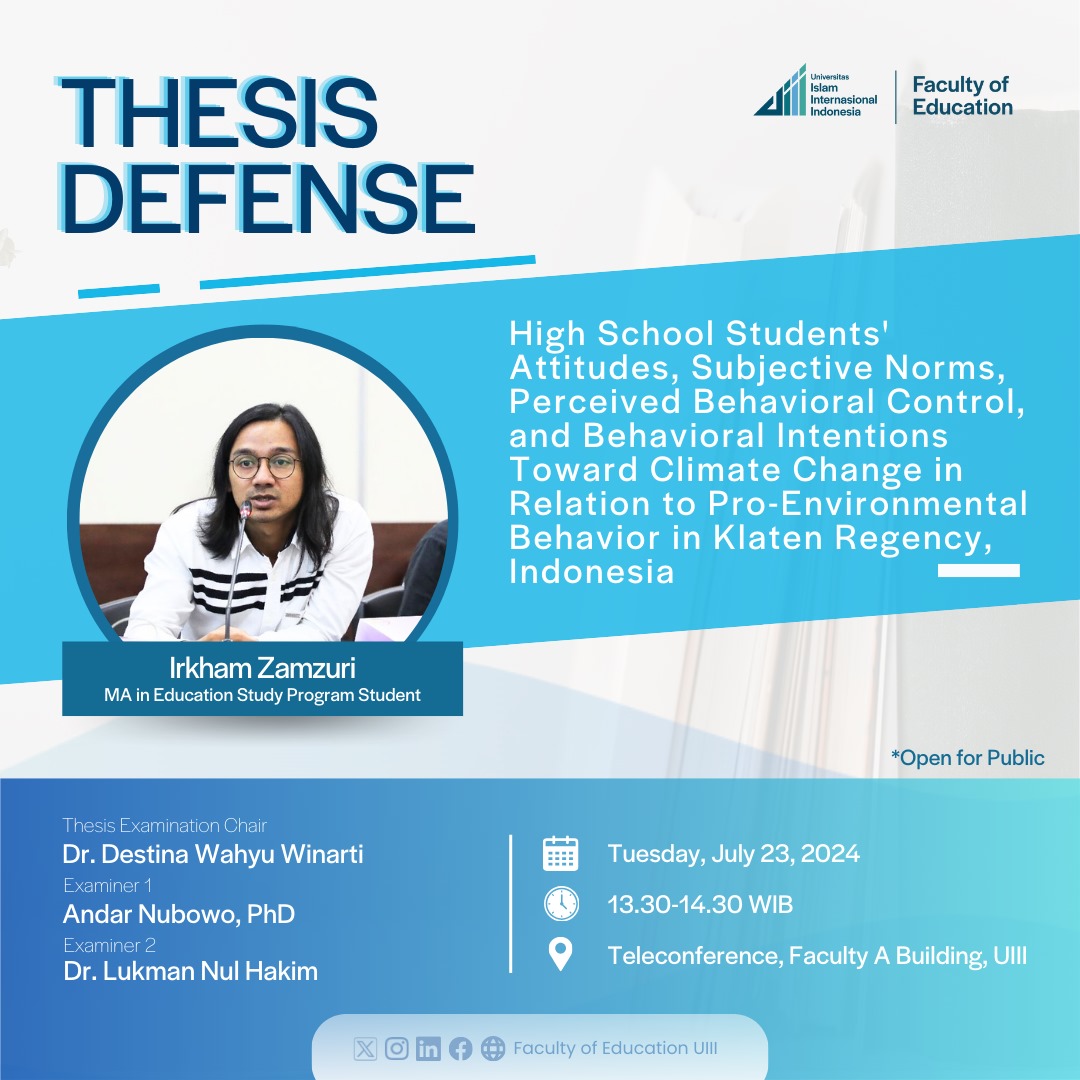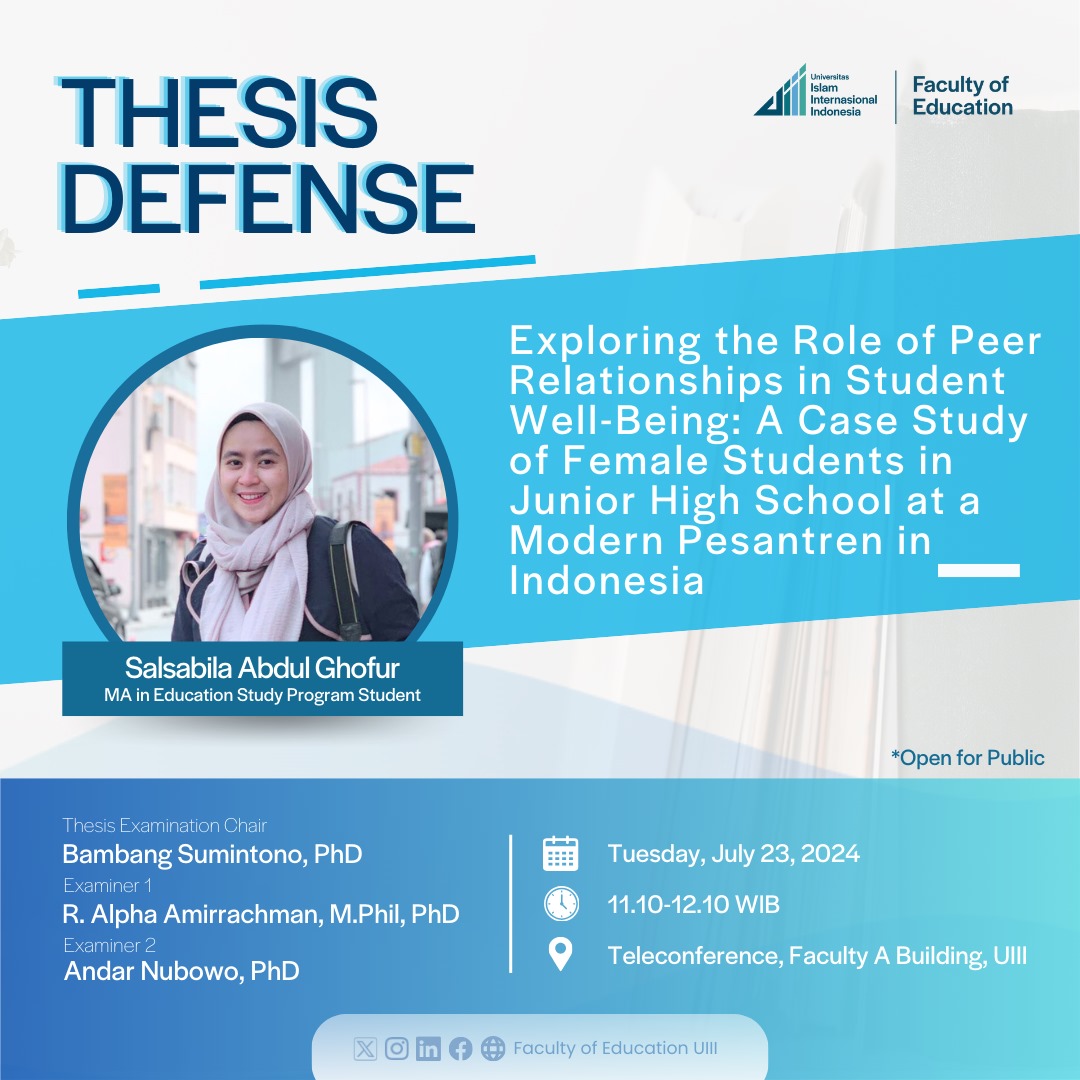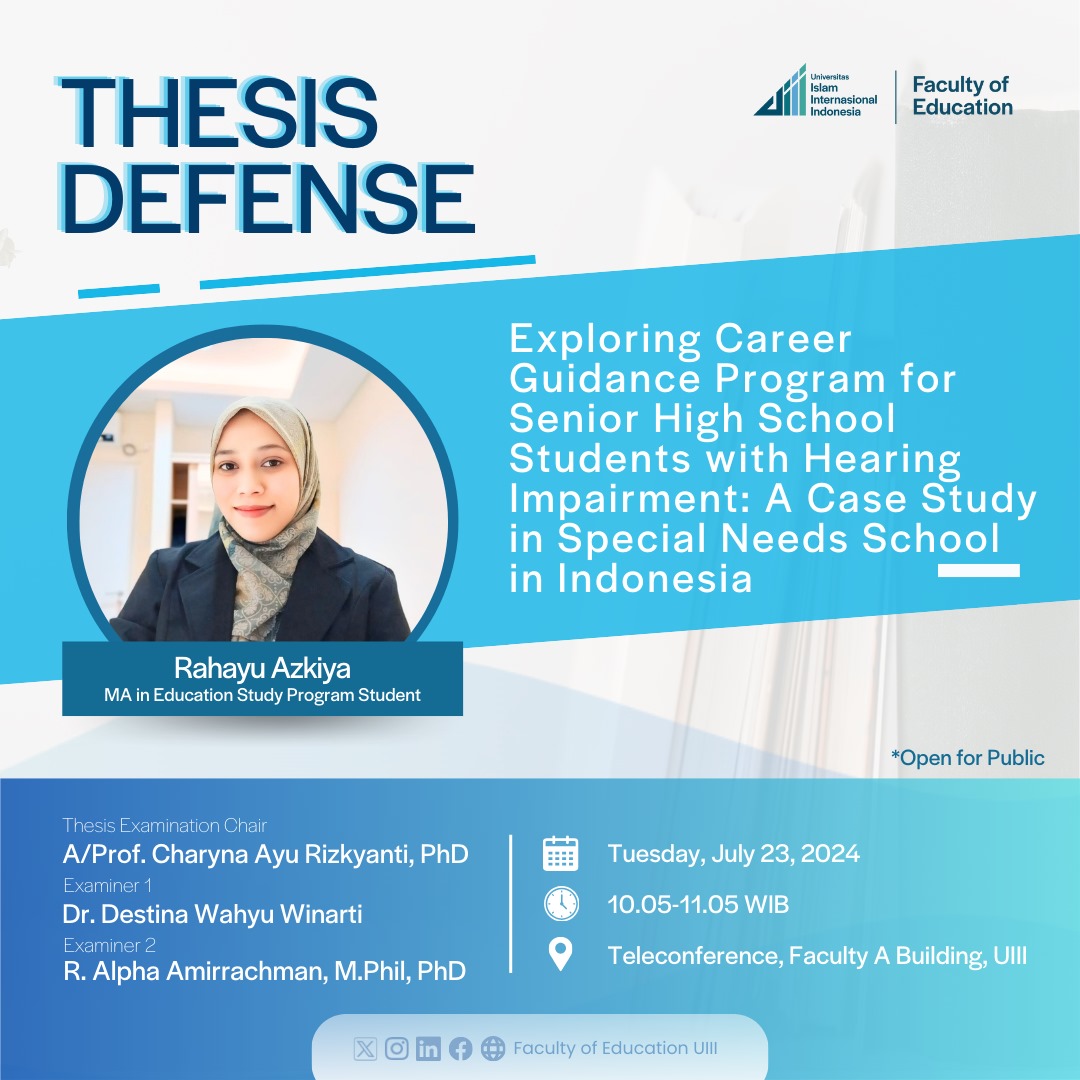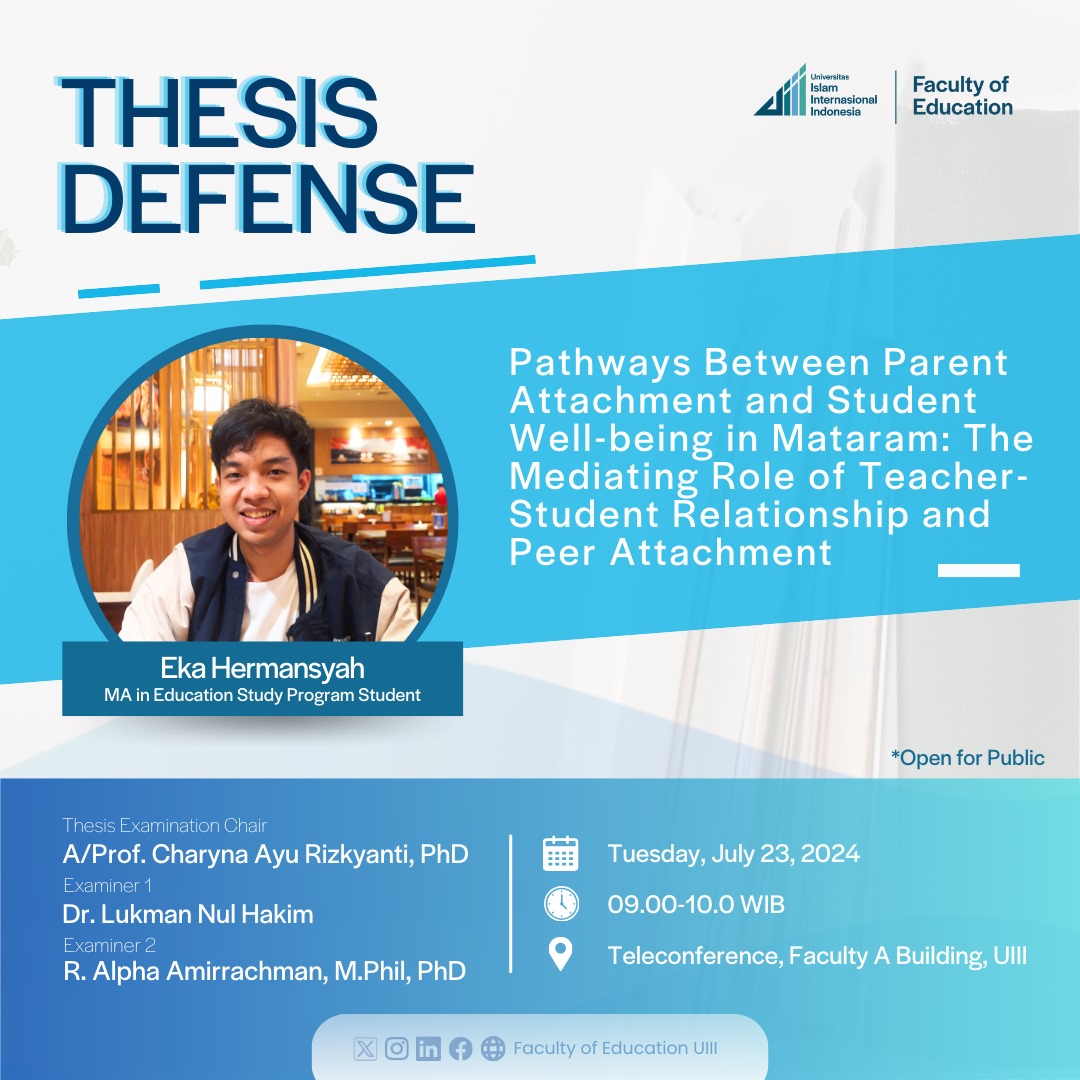God in Awe and Intimacy: Jewish and Muslim Perspectives on Understanding and Pronouncing the Name(s) of God and its Relation to the Humanitarian Crisis
Yuliyanti, N. (2024). God in Awe and Intimacy: Jewish and Muslim Perspectives on Understanding and Pronouncing the Name(s) of God and its Relation to the Humanitarian Crisis. Teosofia: Indonesian Journal of Islamic Mysticism, 13(1), 1-18. doi:https://doi.org/10.21580/tos.v13i1.20534
Abstract
The concept of God is essential for both Jews and Muslims. Instead of using the terms Judaism and Islam, this study considers the terms Jews/Jewish and Muslims as more proper to focus on human beings as the subject of religion who are open to dialogue and change. Loving God’s creations is a process of loving the Creator. Thus, this study tries to connect Jewish and Muslim understanding and belief in God’s Names and its implications for their actions concerning the humanitarian crisis, especially today’s Israel-Palestine relationship. This study applies the content and comparative analysis of the texts (documents, videos, and pictures) related to the issue, along with the teachings of Isaac Luria and Mulla Sadra. In addition, a phenomenological approach is also used as it leads to an effort to understand religious thought and behavior from the point of view of the religious person. This study revealed that how humans understand Divine Names is manifested in how they treat each other. As human beings are the best manifestation of God, how we see, treat, and interact with others reflects our understanding of God’s names and vice versa. God’s names are all beautiful. Therefore, those who believe in God will do good to themselves, others, and the universe.
Keywords: Jews; Muslim; Divine Names; humanitarian crisis

